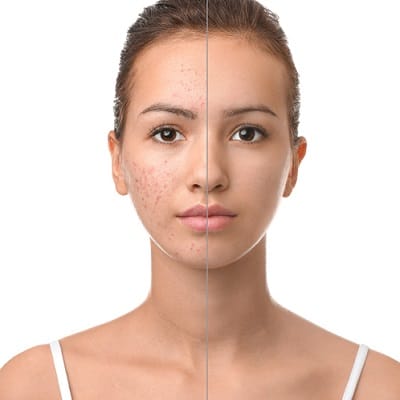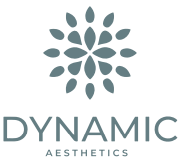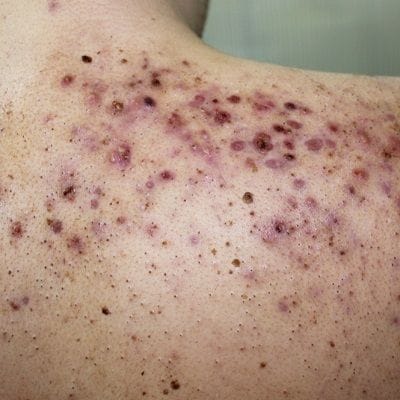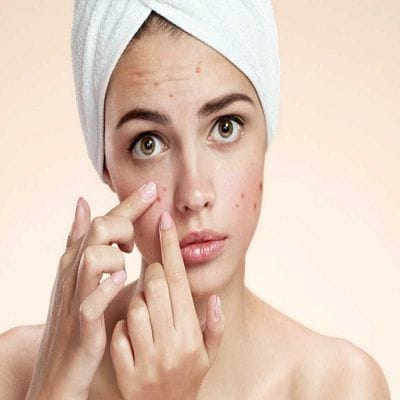
GET RID OF ACNE! SMOOTHER AND YOUNGER LOOK!
Acne is a common disorder that results in the formation of pimples. Acne is a prevalent skin disease, affecting 85% of teenagers.
The most effective and powerful Acne treatment in Dubai will treat existing pimples and prevent new ones from forming. Furthermore, cosmetic treatments at the best dermatologist clinic can decrease acne scars and skin color changes.
What exactly is acne?
Acne is a frequent skin ailment in which your skin’s pores get clogged with hair, oil (a greasy fluid), germs, and decaying skin cells. These obstructions result in blackheads, whiteheads, nodules, and other forms of blemishes. If you suffer from acne, realize that you are not alone. It is the most frequent skin problem encountered by humans. It is believed that 80 % of people between the ages of 11 and 30 would have at least a moderate type of acne, and the majority of people will be impacted by it at least once in their life.
How is acne treated?
Your doctor might prescribe a mild, soap-free facial cleanser that you can use twice a day with warm water. Washing your skin too frequently may worsen acne. If the face still feels greasy after cleaning it, ask your pharmacist for a prescription-strength acne rinse or cleanser.
If the acne is severe enough to cause, your physician may recommend medications in the form of tablets or lotion.
It’s crucial to note that curing acne requires time — generally 1 to 2 months — and therefore, you shouldn’t discontinue therapy because the acne isn’t improving immediately. If the acne doesn’t clear up after your initial treatment, you can consult your physician or doctor to see another option.
Treatments that do not need a prescription:
If you suffer from moderate acne, your doctor can assist you in selecting an acne wash or face wash, as well as a moisturizer or cream containing acne-treating chemicals like benzoyl peroxide, azelaic acid, or glycolic. Use these items all over the acne-affected region, not only in particular areas. For instance, if you get acne on the neck, you must use the product to cleanse your entire channel. If these therapies irritate or dry up your skin, consider applying them less often.
Other therapies, such as gentle exfoliation, chemical peels, and light diathermy, can assist with minor acne. They may have to be taken frequently and are inappropriate for persons with severe acne.
Treatments that require a doctor’s prescription:
For more bad acne, and when previous therapies have failed, the doctor may advise you to use a medication that you massage to your face. It might be in addition to or in place of the moisturizers offered at the pharmacy.
The physician may recommend antibacterial creams to minimize infection and swelling in acne or clusters, as well as retinoids to aid in the removal of zits and blackheads. These adverse reactions might cause the skin to become sensitive or dry. If you have significant skin irritation, discontinue using these items and consult your doctor.
If the acne doesn’t clear up after using these treatments, your doctor may advise you to use oral medications. These are some examples:
- Medicines like doxycycline or minocycline to cure pathogens.
- Anti-androgen medications like spironolactone or cyproterone also block the estrogen androgens and cause less oil to be generated in the pore spaces.
- Contraceptive pills containing estrogen and progestin help control acne and are suitable for some women.
- Oral isotretinoin can effectively cure severe acne.
It can also treat acne with natural products like tea tree oil, granular oats, green tea, beta-hydroxy acidity (fruit acid), and retinoids. However, they can damage your skin or conflict with the other medications you may be using. Before utilizing natural acne remedies, consult a doctor or pharmacist.
When should I go to the doctor?
If your acne does not improve after following the therapy indicated by your pharmacists, you should consult your doctor if the acne is extreme and giving you worries. Acne can leave you with skin scarring if you remain unattended, so don’t wait too long to cure it.
If the acne becomes problematic, your doctor may recommend you to the best Dermatologist(a skin expert), who may advise you on the best therapy for you.
Conclusion!
Acne is a complex issue that is still not completely comprehended. It is difficult to cure, and it does not go away overnight. On the other, most people will attempt a variety of therapies and regimens before finding one that suits them. Try not to be disheartened. Simply beginning therapy might help you regain a sense of control of the face. Your dermatologist can assist you in developing a treatment plan that is appropriate for you. Make the initial move.
If you’ve exhausted all of your over-the-counter choices and are still experiencing acne, consult your physician about prescriptions for acne medication. The best dermatologist for acne scars can diagnose your skin concerns and provide a treatment plan to help avoid acne and clean your skin.





































